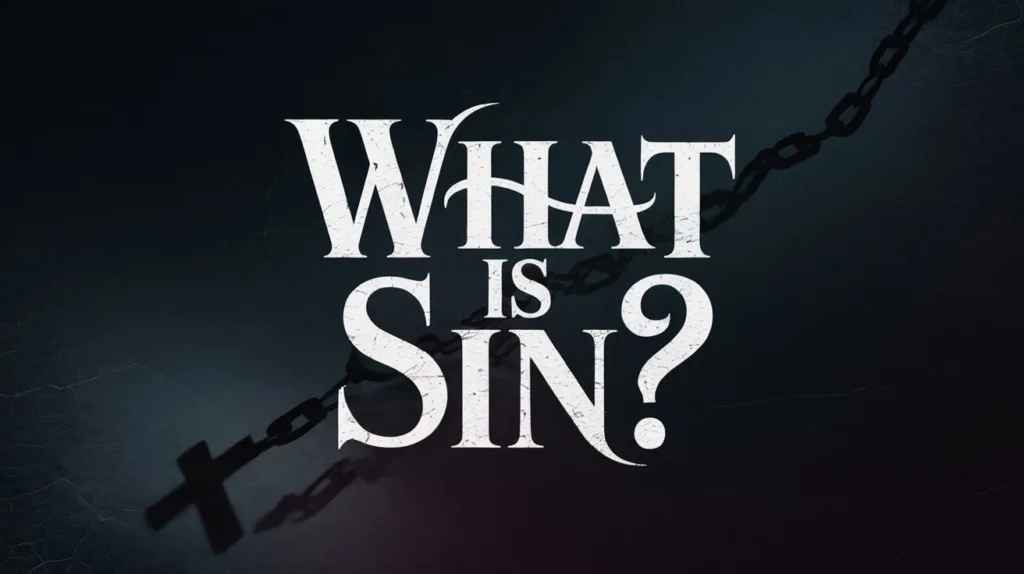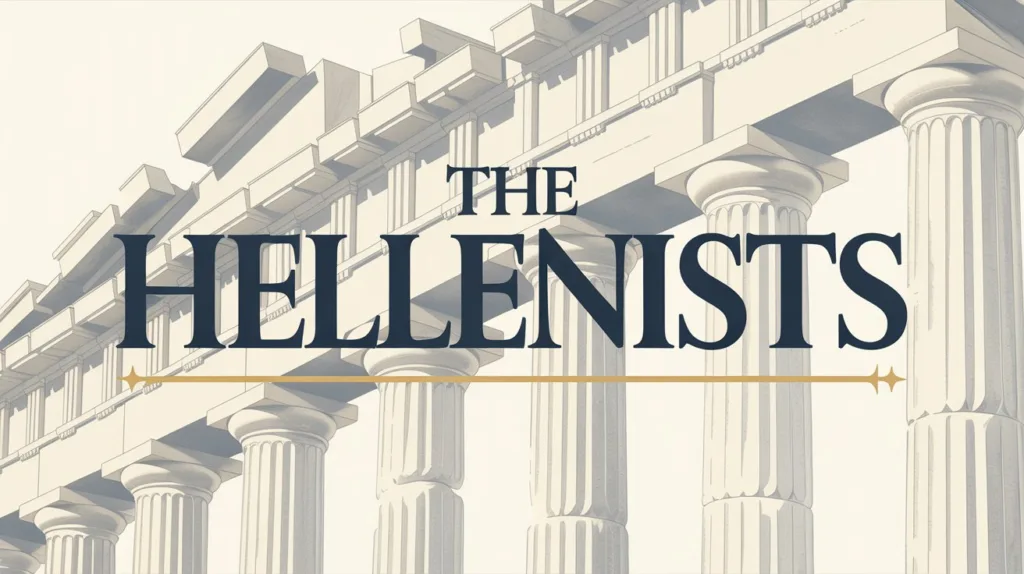The phrase “the Day of the Lord” appears throughout Scripture, often referring to a time of divine intervention and judgment. However, it is essential to distinguish between different uses of specific terms. The Day of the Lord occurs at the end of the 1,000-year reign of Christ and is distinct from the Day of Christ and the Rapture. This study will explore the final judgment at the end of the Millennial Kingdom, how it differs from other eschatological events, and what Scripture teaches about it.
The Day of the Lord: The Final Judgment After the Millennium
After the Millennial reign of Christ, Satan will be released from his prison for a short time to deceive the nations (Revelation 20:7-8). This results in a final rebellion, which God swiftly destroys by fire from heaven (Revelation 20:9). Then follows the Great White Throne Judgment, which is the final event of the Day of the Lord in its fullest sense.
Revelation 20:11-12
“Then I saw a great white throne and Him who sat on it, from whose face the earth and the heaven fled away. And there was found no place for them. And I saw the dead, small and great, standing before God, and books were opened. And another book was opened, which is the Book of Life. And the dead were judged according to their works, by the things which were written in the books.”
This judgment is for all unbelievers, as believers were resurrected at the first resurrection (Revelation 20:4-6). Those whose names are not in the Book of Life are cast into the Lake of Fire (Revelation 20:15). In this judgement all the unbelieving dead throughout history are resurrected to stand before God and receive their final judgment. It is distinct from the Judgment Seat of Christ, where believers are rewarded for their faithfulness. Instead, this is the ultimate sentencing of all who have rejected salvation in Christ.
Revelation 20:13
“The sea gave up the dead who were in it, and Death and Hades delivered up the dead who were in them. And they were judged, each one according to his works.”
This includes every person who ever lived and rejected Christ (from the great rulers of history to the most insignificant figures). There is no escape. Even the sea, death, and Hades give up their dead to stand before God.
The Day of Christ: A Distinct Event of Joy and Reward for Believers
While the Day of the Lord is a day of wrath and judgment, the Day of Christ is a day of blessing and reward for believers. It is referenced multiple times in Paul’s writings.
Philippians 1:6
“being confident of this very thing, that He who has begun a good work in you will complete it until the day of Jesus Christ;”Philippians 1:10
“that you may approve the things that are excellent, that you may be sincere and without offense till the day of Christ,”1 Corinthians 1:8
“who will also confirm you to the end, that you may be blameless in the day of our Lord Jesus Christ.”
This Day of Christ is a time when believers will receive rewards at the Judgment Seat of Christ (Bema Seat) (2 Corinthians 5:10). It is not a day of wrath but a day of blessing for the Church. This is distinct from the Day of the Lord, which brings divine judgment upon the world.
How the Rapture Differs from the Day of the Lord
The Rapture is another event that is distinct from the Day of the Lord and the Great White Throne Judgment. The Rapture is a removal of believers from the earth before the wrath of God is poured out.
1 Thessalonians 4:16-17
“For the Lord Himself will descend from heaven with a shout, with the voice of an archangel, and with the trumpet of God. And the dead in Christ will rise first. Then we who are alive and remain shall be caught up together with them in the clouds to meet the Lord in the air. And thus we shall always be with the Lord.”
This event is a meeting in the air, not a coming to the earth. This is different from the Second Coming, which happens at the end of the Tribulation, where Christ returns to the earth to establish His kingdom (Revelation 19:11-16).
The Rapture is also a time of deliverance, not judgment:
1 Thessalonians 5:9
“For God did not appoint us to wrath, but to obtain salvation through our Lord Jesus Christ,”
Believers are not appointed to the wrath of the Day of the Lord, which will take place during the Tribulation and culminate in the final judgment after the Millennium.
Distinguishing Between the Day of the Lord, the Day of Christ, and the Rapture
| Event | Timing | Nature | Participants |
|---|---|---|---|
| Rapture | Before the Tribulation | Deliverance & resurrection | Church (believers) |
| Day of Christ | After the Rapture | Reward & purification | Church (believers) |
| Second Coming | End of Tribulation | Christ returns to reign | Whole world sees Him |
| Day of the Lord (final) | End of the Millennium | Judgment & destruction | Unbelievers at the Great White Throne |
Key Old Testament References to the Day of the Lord
The Day of the Lord is a theme throughout both the Old and New Testaments:
Isaiah 2:12
“For the day of the Lord of hosts shall come upon everything proud and lofty, upon everything lifted up— and it shall be brought low.”Joel 2:31
“The sun shall be turned into darkness, and the moon into blood, before the coming of the great and awesome day of the Lord.”Zephaniah 1:14-15
“The great day of the Lord is near; it is near and hastens quickly. The noise of the day of the Lord is bitter; there the mighty men shall cry out. That day is a day of wrath, a day of trouble and distress, a day of devastation and desolation, a day of darkness and gloominess, a day of clouds and thick darkness,”
These verses show that the Day of the Lord is consistently a time of wrath, destruction, and judgment (a stark contrast to the Day of Christ, which is a day of joy for believers).
My Final Thoughts
The Day of the Lord at the end of the Millennium is the final judgment, bringing a conclusion to human history before the new heavens and new earth (Revelation 21:1). This differs from the Day of Christ, which is about rewards for believers (The Bema Seat Judgement); and from the Rapture (the catching away), which is about the removal of the Church from judgment. Understanding these distinctions helps us rightly divide the Word of truth and recognize the hope we have in Christ. For believers, there is no fear of the final Day of the Lord, for we have been redeemed. But for those who reject Christ, that day will bring eternal judgment in the Lake of Fire.
Now is the time to make sure we are ready—not just for the Day of Christ, but for eternity in the presence of our Lord and King.





 Get the book that teaches you how to evangelize and disarm doctrines from every single major cult group today.
Get the book that teaches you how to evangelize and disarm doctrines from every single major cult group today.